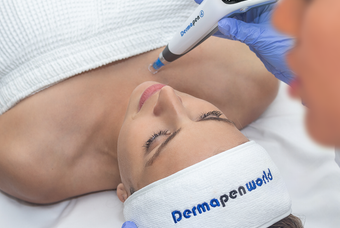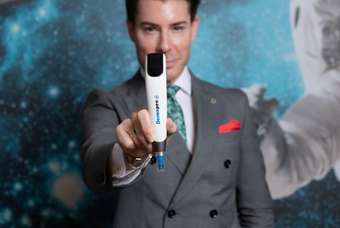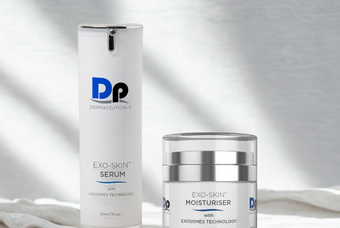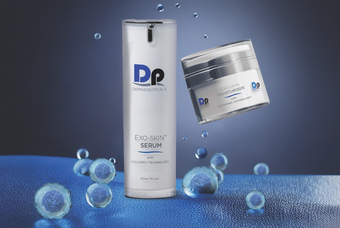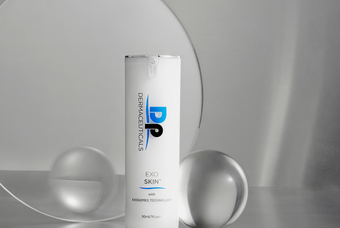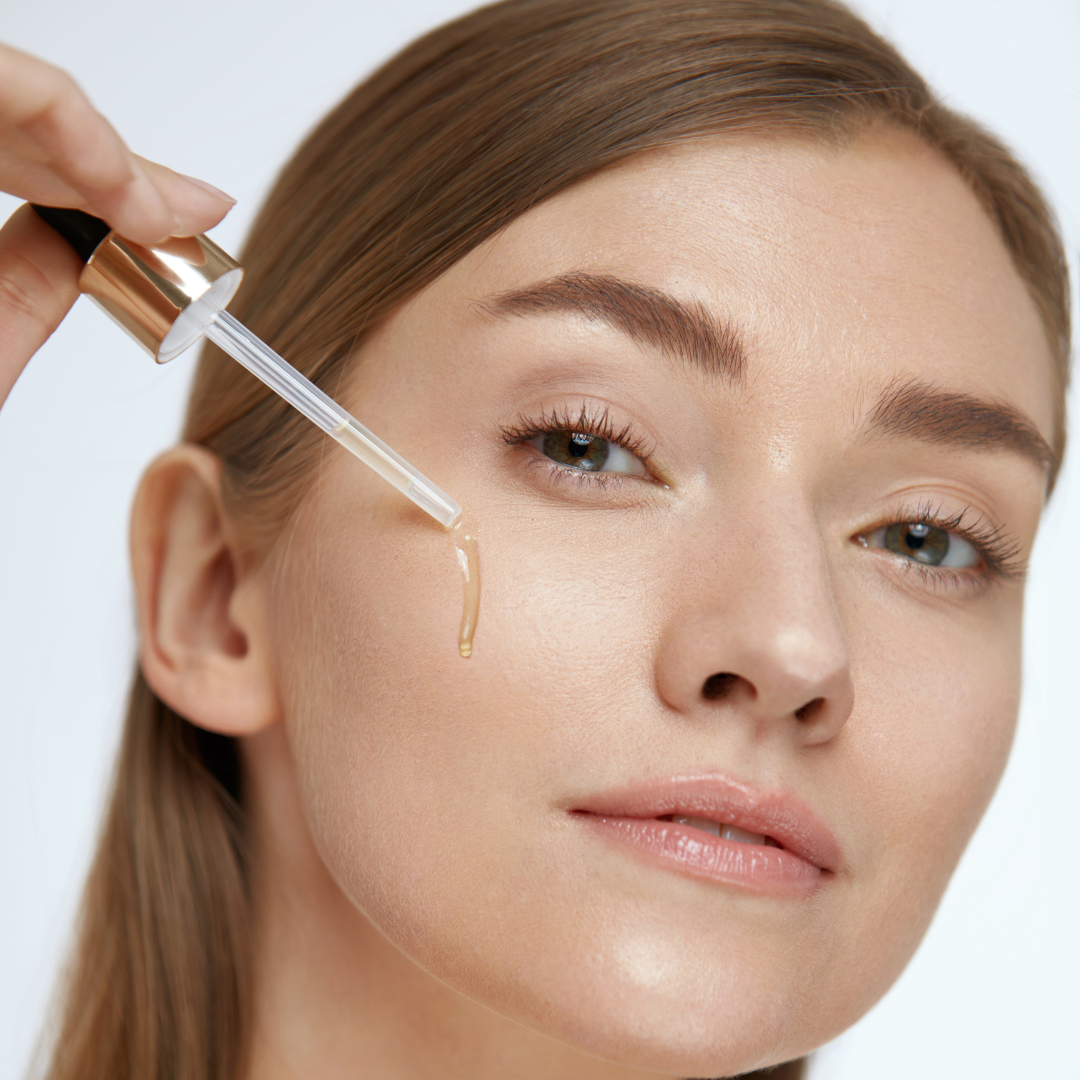Skincare myths and misconceptions have been around for centuries, from the idea that oil will make your skin more oily to claims about the best way to cleanse your face. With so much misinformation out there, it can be difficult to decipher truth from fiction when it comes to skincare. To shed some light on this topic, let’s take a look at the three most common skincare myths and debunk them once and for all.
True or False: Oil Makes Your Skin Oily
False! While many believe that applying oil directly onto their skin will make it greasy or clog their pores, this isn’t always true. If you have oily skin, it may actually be due to your skin missing oil. Your skin can produce too much oil when it is trying to compensate for a lack of moisture in the environment or from using harsh cleansers that strip away natural oils.
To combat this, try pairing gentle and hydrating products like Dp Dermaceuticals Tri-Phase Cleanser with the Skin Veneer moisturizer. Tri-Phase Cleanser uses grapeseed oil to help remove impurities and dirt without stripping skin of its natural oil, while Skin Veneer uses squalane - a plant-based lipid that acts as a second skin due to its biocompatibility.
True or False: You Should Wash Your Face Multiple Times A Day
False! Washing your face multiple times a day can actually be too harsh on the skin and strip away essential oils, leading to dryness and irritation. This is especially true in the dry winter months.
However, that doesn't mean you should skip cleansing altogether! In order to maintain clear skin without over-drying it, consider using an oil-based, non-comedogenic (doesn’t clog pores) cleanser Dp Dermaceuticals Tri-Phase Cleanser. This three-in-one cleanser combines gentle cleansing agents with natural ingredients such as aloe vera and propolis extract which nourish and replenish the skin while also helping to lock in moisture.
Not only does this cleanser effectively remove dirt, makeup, and other impurities from the surface of your skin but it also has anti-aging benefits due to the powerful antioxidants Apricot Kernel Extract and Vitamin C.
True or False: Expensive Products Are Better For Your Skin
It depends! Even though not all expensive skincare products are necessarily better for your skin, it is true that those with a higher price tag can often provide superior results in terms of both efficacy and how much you need to use in order to achieve the desired result. Ultimately, the right products will have you spending less on getting to your skincare goal.
This is because more expensive formulas usually contain higher concentrations of active ingredients, more appropriate packaging for the ingredients to remain stable (Vitamin C, for example, should always be in an opaque container that fully closes), and better quality ingredients that are biocompatible.
How to Not Fall Victim to False Skincare Myths
It can be hard to weed out the bad information from the good when it comes to skincare, especially with so many myths floating around. But becoming a skintellectual is easier than ever.
To make sure you're steering clear of false claims and misleading advice, take some time to do your own research. Although not foolproof, apps like Yuka and EWG SkinDeep can help you better understand ingredients in skincare. Yuka is especially helpful when shopping as it allows you to scan the barcode and provides you with simple-to-understand information on each ingredient. (Plus, you can also use it for food items.)
If you are seeing a persisting skin condition, it’s always advisable to first consult with a dermatologist or another skin specialist so you can make a more informed decision on which products are best suited for your skin type or condition.
Have other skincare myths you would like addressed? Email us at info@dpderm.com, or send us a chat message!


